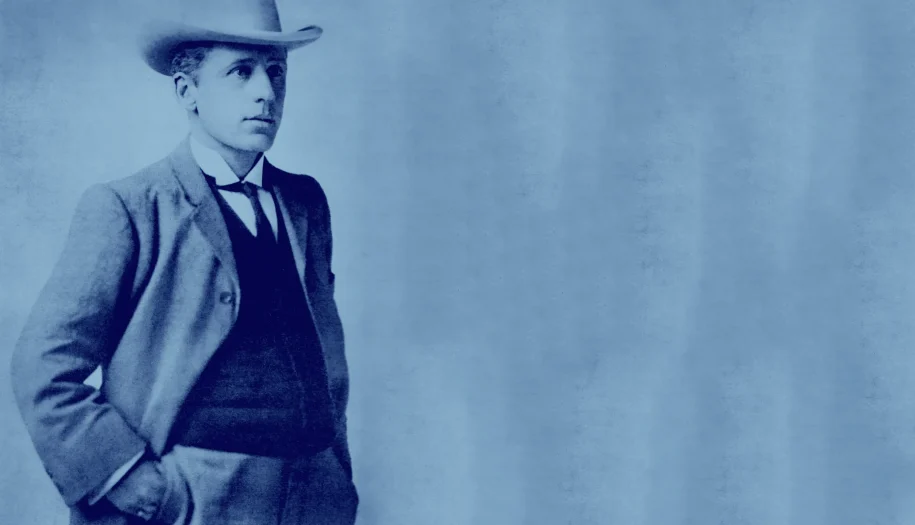On Saturday evening, 17 February, the Victorian branch of the Australian Natives’ Association hosted its inaugural Banjo Paterson Night in honour of the 160th birthday of our unofficial national poet. The evening included speeches and discussions about Paterson’s life and the stories behind his most famous poems as well as dramatic recitals of members’ favourite works (specifically, “Here’s Luck”, “Clancy of the Overflow”, “The Man from Snowy River”, “Song of the Future”, “Our Own Flag”, and “A Job for McGuinness”). To add a touch of creativity to proceedings, the evening concluded with a bush limerick contest, in which entrants were required to present an original limerick centring on the name of an Australian town they had been assigned upon arrival. As is often the case with limericks, much of what was produced is not fit for publication (at least not here); but, needless to say, hilarity ensued, and the strength of entries across the board resulted in poetry itself being declared the winner. Although relatively small in scale, the event was a resounding success, so much so that planning has already begun for an expanded program in 2025.
In my Australia Day address to our branch, I stressed the need for us not merely to promote and uphold our culture but to build upon it; and I sincerely believe that is what we are doing with events such as this. It is my hope that our initiative will not only be taken up by other branches but will also expand beyond the confines of the ANA. We seek not to be gatekeepers of nativism but its humble servants; and should our actions be judged worthy of imitation, we heartily encourage it – particularly where it serves to honour our forebears.
Of course, it would be disingenuous to deny any precedent for our celebration. The resemblance between it and Scotland’s Burns Night, held each 25 January in honour of the poet Robert Burns’s birthday, is no coincidence, for we are ourselves imitators in having consciously adopted the latter as our model. Along with the fact we are celebrating a body of work more than a century old, this leaves us open to accusations of being derivative or artificially self-conscious in our efforts to develop our traditions. Such accusations, however, overlook that the development of national culture has often been a decidedly self-conscious process. That the rich Highlands tradition of the Scots endures today is largely due to the efforts of Burns and Sir Walter Scott to revive it through their poetry and historical novels respectively; and the place of the sonnet as the cornerstone of English literature – linked intimately with the likes of Spenser and Shakespeare, of Keats and Shelley – can be traced to Sir Thomas Wyatt’s translations and imitations of the Italian poet Petrarch as part of his campaign to raise the standard and status of English poetry. In truth, the naysayers likely overlook such examples wilfully; for it has been my experience that they are largely of “the Left” and thus opposed not merely to what they deem “inorganic” national culture but to national culture outright. Their protestations can, therefore, be safely ignored.
We eagerly await the second instalment of Banjo Paterson Night, and we remain watchful for further opportunities to expand or refine our cultural calendar. We hope all those sympathetic to the nativist cause will be similarly engaged.
M.J. Brown
Governor – ANA Victoria
